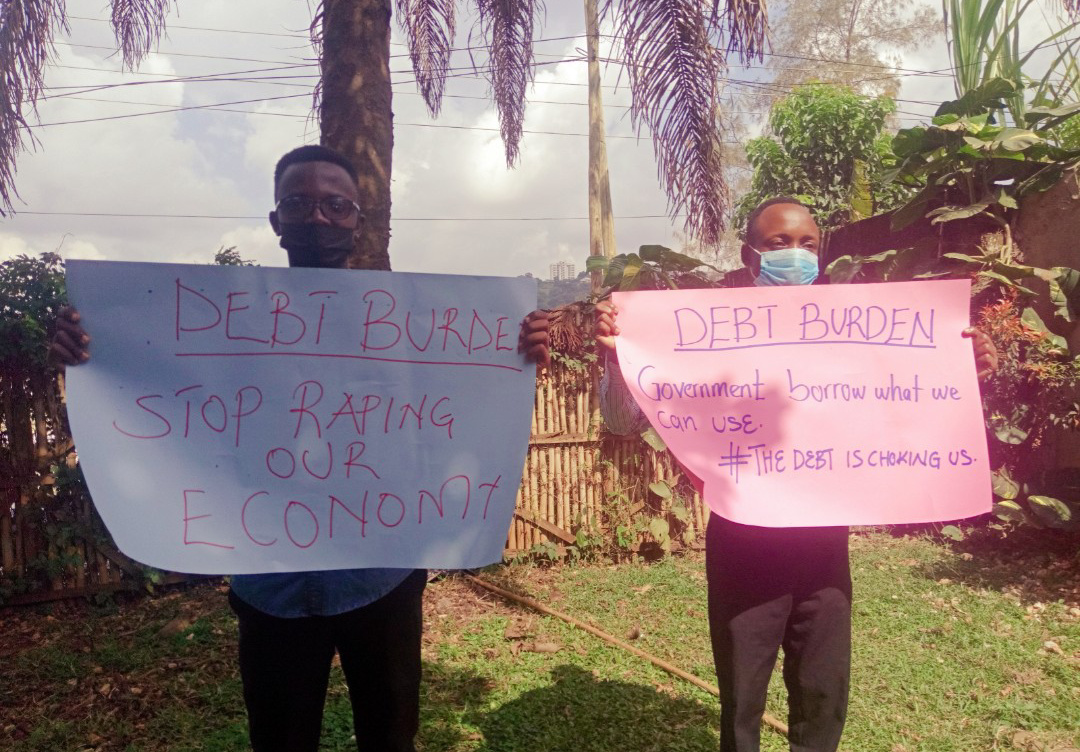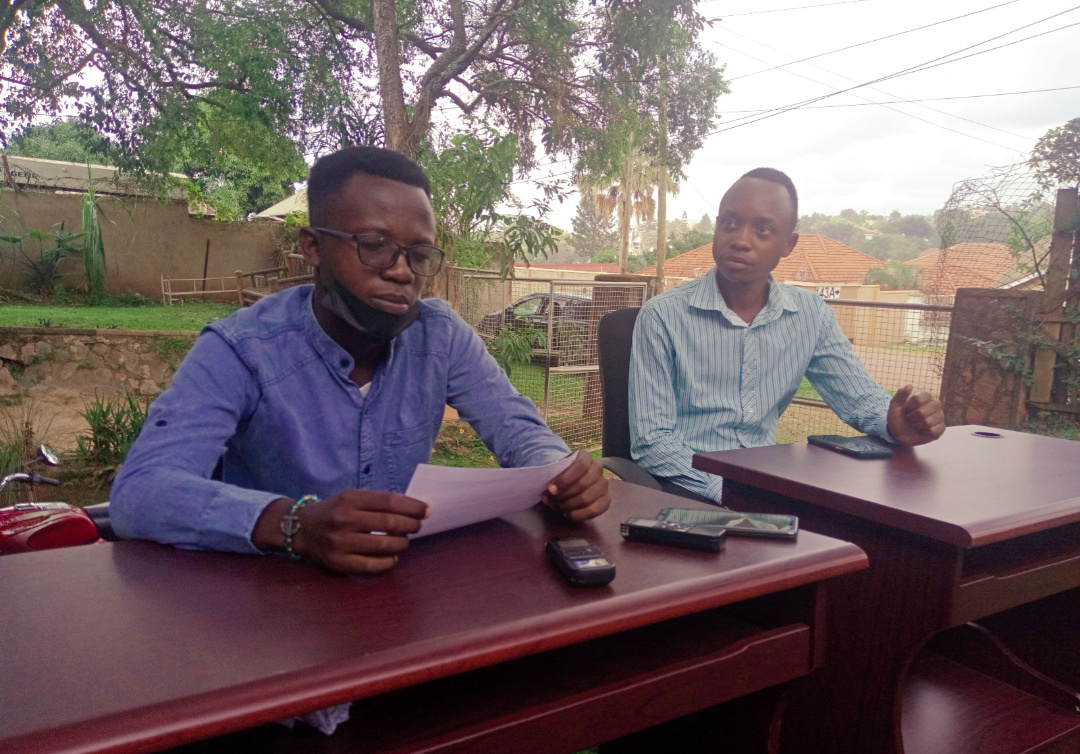
KAMPALA – The youths in Uganda have tasked the government to stop the “unnecessary and frequent” borrowing which has put the country at stake of abnormal debts.
Since the Covid-19 outbreak, Uganda has so often borrowed huge sums of money from different financial institutions, both internationally and locally.
In April, one month after the first lockdown, Uganda received a $300 million facility from the World Bank, soon after European Union extended the country £125 million to boost the private sector.
In May, the International Monetary Fund – IMF approved a loan of $491.5 million under the Rapid Credit Facility (RCF) to help the country overcome its economic difficulties.
In July, African Development Bank (AfDB) lent Uganda $31.6 million to boost the government’s response to Covid-19.
This has resulted to the national debt growth to 35% in the last one year.
In the pending approval, the government is asking for another loan of $1 billion (Shs3.5 trillion) from the IMF to mitigate the impact of Covid-19 on the country’s economy.
However, this comes a few months after the Auditor General (AG), Mr John Muwanga, warned that the country’s national debt had escalated and that it was becoming unsustainable.
The Auditor General had in the 2019/2020 financial year report cautioned that if the government does not restrain its hunger for loans, the debt will be unsustainable and future governments will not be able to borrow.
Now, speaking on the matter, the youth under Youth Line Forum, a not-for profit Non Government Organisation that works with young people to inspire and empower them to transform their communities, have asked the government to first account for the previous money borrowed before they go ahead for more loans.
Mr Muyinda Reagan, a youth activist and a student of Kyambogo University said that as young people, they recognize government of Uganda efforts towards provision of public services and especially now when they are working under additional strain with the disruptions caused by the second wave of Covid-19 infections which has had thousands fall sick and others succumbing to the viral respiratory disease.
However, Muyinda says that as the country starts the new financial year 2021/22 this week, they are concerned and would like to ask government to pay particular attention to the chocking burden that is almost hitting the dangerous 50% threshold.
“We are aware that the government and the International Monetary Fund (IMF) have reached staff level agreement on a three-year $1billion financing package. This we have learnt is only awaiting the IMF board approval for formalization,” he told press at their offices in Ntinda on Monday morning.
“This will also be among the country’s initial loans for the financial year but as we continuously press such loan requests, we the youth urge ministry of finance officials to always ask themselves where our domestic revenues go for every major project we borrow, at what cost are we borrowing and to what extent are we borrowing. That’s how they will think twice and find solutions to this uncontrolled borrowing and spending,” Muyinda, a third year Procurement and Logistics student decried.
Currently, Uganda’s total debt stands at Shs 65.82 trillion as of December 2020 which is an increase from Shs49 trillion in 2019.

This Shs16.82 trillion increment, according to these youths is due to increased government borrowing. Today, they say, Uganda’s debt to GDP ratio stands at 49.1%.
“We wonder how many generations will pay for this debt because as we speak, each Ugandan owes lenders Shs1.5 million. We are now saying enough is enough!”
They said that they are particularly alarmed by the loans Uganda took last year (2020) which they mostly tag on the Covid-19 pandemic and its impact to country.
These have made recommendations to the government including;
All loans received by the government should be accounted for without fail.
The government needs to understand that there is no government especially the European world that is so interested in the prosperity of Uganda more than Ugandans themselves. Therefore, while we borrow, we must borrow with one hand and the other hand created a guard against the ill intentions of the borrowers.
Government needs to study the all-conditional Grant’s. For example; Grants that are against the value of the country should be avoided. Grants especially those that require asset repayment other than currency payment are merely a means to put the country on sale and these must be avoided.
Above all, the poor vice of corruption eating up the government coffers must be quickly attended to. All those who steal public funds must be brought to book through prosecution and their property auctioned to repay what the government has lost.






